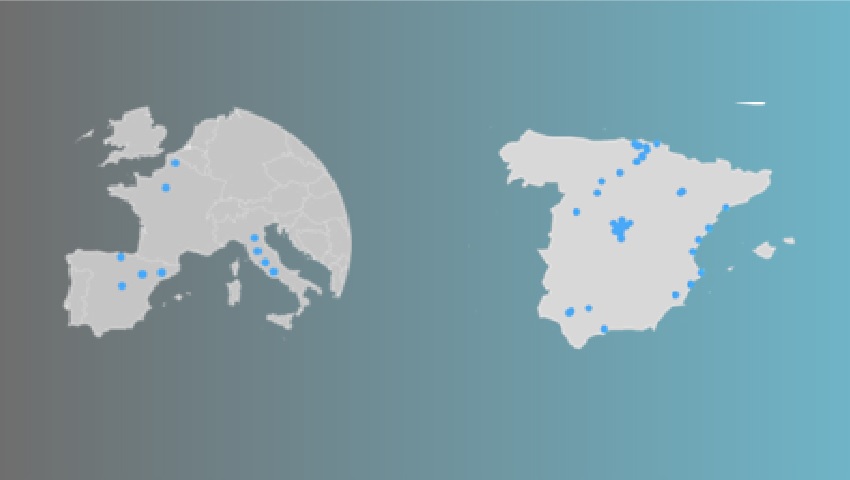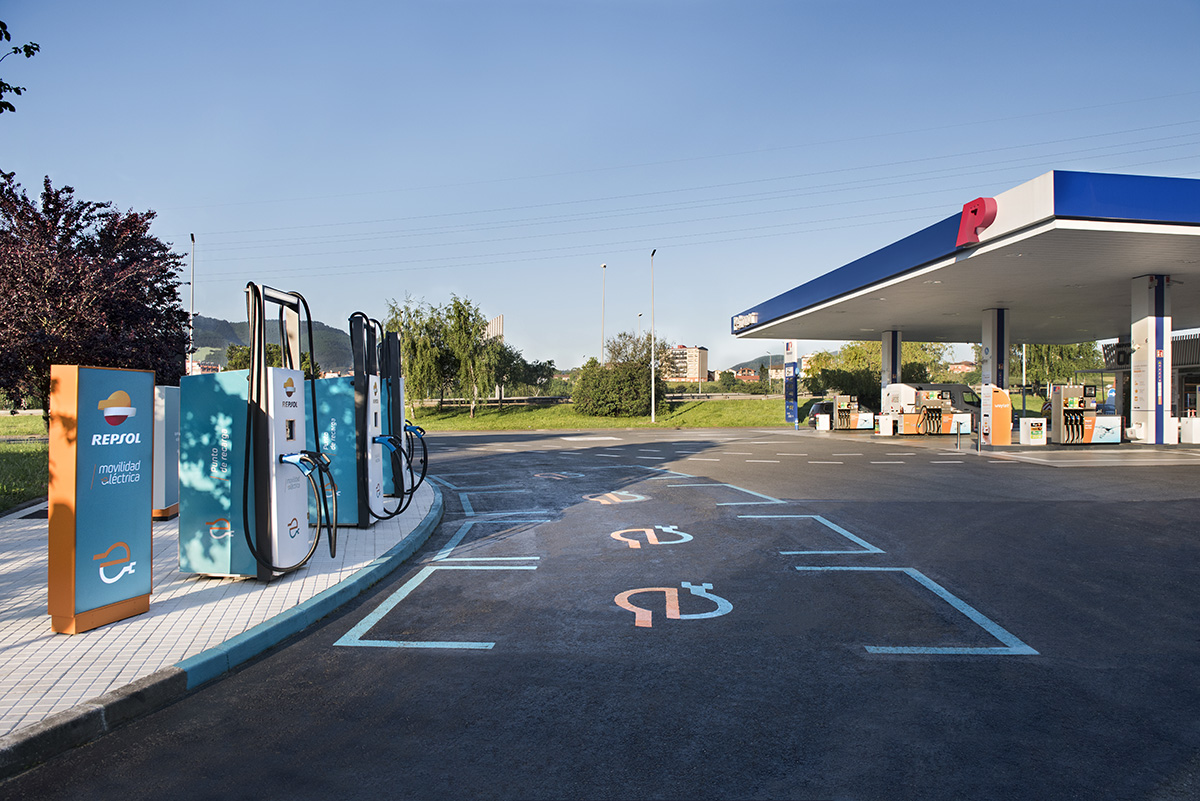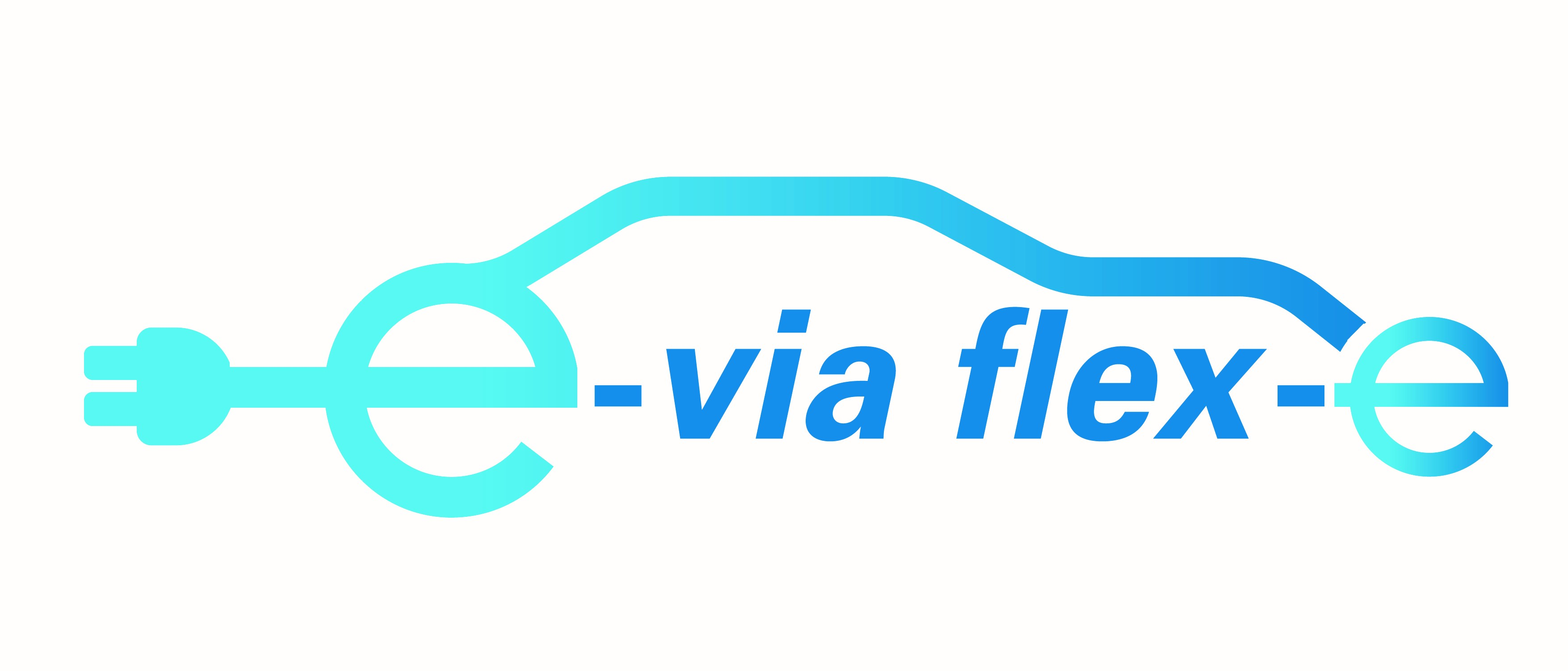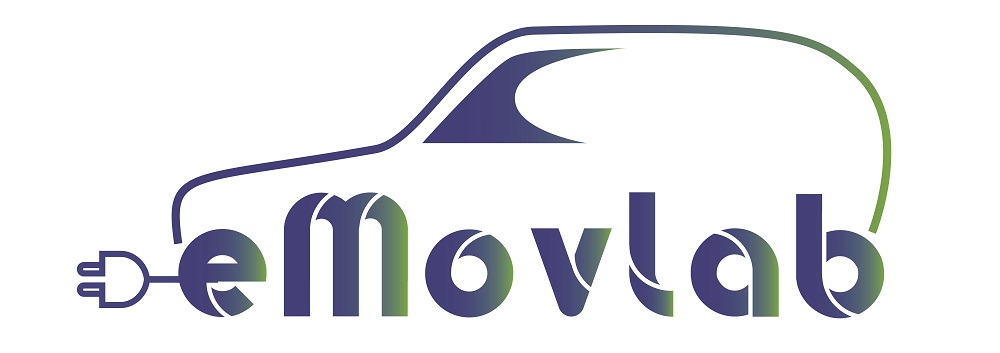IBIL’s technology department carries out a range of tasks: developing its own terminal designs to improve ergonomics and usability; analysing vehicle behaviour via charge curves; determining software upgrades for new models on the market; designing interoperability processes with other charge managers; and optimising fleet consumption with tools such as power management.
IBIL is currently taking part in a number of EU projects, including the E-VIA FLEX- E ultra-fast charging project and CIRVE, which seeks to promote EV use through the deployment of fast and ultra-fast charging infrastructure.









